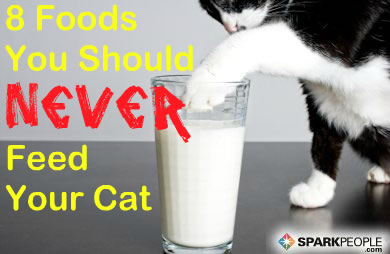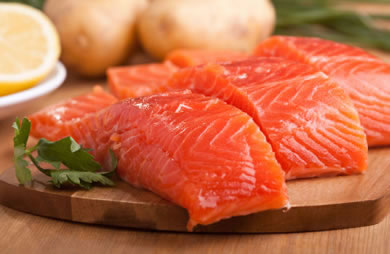|
By Suzanne W. Dixon, MPH, MS, RD, the scientific adviser for www.AppleBoost.com
It sounds contradictory, but a significant number of people in the United States today are simultaneously under- and overnourished. How can that be? If you’re significantly overweight, surely you can’t be malnourished, right? As a former overweight person myself, a registered dietitian who has worked with many people on weight loss issues, and someone who studies the science of body weight regulation, I know firsthand that it's all too easy to be both overweight and malnourished. The key to understanding this paradox is to understand the difference between macro- and micronutrients. Macronutrients provide the body with energy in the form of calories. Think carbohydrate, protein, and fat. There’s also alcohol, which isn’t an ideal source of calories, but which provides them nonetheless. Being a fan of a nightly glass of wine or a beer, I'd be remiss if I didn’t mention that alcohol provides calories! Tiny Nutrients, Enormous Benefits Micronutrients are indeed “micro," meaning that we need them in small quantities for good health. This includes vitamins, minerals, and phytonutrients, or phytochemicals, such as carotenes and polyphenols. Vitamins and minerals are vital for life – it’s right in the name – vitamins. Without them, we’ll end up with a deficiency. Phytonutrients are different. Many are found in fruits and vegetables and give these foods their bright red, yellow, purple, green, and orange colors. Most of us are familiar with the phytochemical beta-carotene, the nutrient that makes carrots orange. Others hide inside whole grains, beans, and nuts. Unlike vitamins and minerals, phytonutrients aren’t vital for life: you won’t die of a beta-carotene deficiency. But you can have major health problems, including serious difficulty losing weight and maintaining weight loss, if you don’t get enough of these phytonutrients. What’s the Connection? Most people don’t give much thought to micronutrients and body weight. Many people figure if it’s not a calorie, it doesn’t matter. The truth is more complex. Sure, calories are one key to weight loss. But dig a little deeper, and you'll see how adding in the right foods, rich in micronutrients, will aid weight loss, help your body function better, and keep overeating in check.
In order to nourish your body properly, you need to eat real food, not count calories. Eating "low on the food chain" gives your body the micronutrients it needs to build muscle, keep fat-promoting inflammation in check, and prevent overeating and bingeing. Eating “low on the food chain” means eating mostly whole, unprocessed, plant foods. The closer a food is to its natural form, or what it looks like when it comes out of the ground or off the tree or vine, the more micronutrients it contains. It’s also helpful, of course, that these foods tend to have the fewest calories per amount of food. You get more micronutrients with fewer calories – a win-win all around. I’m living proof this approach works, and I "walk the walk" every day. At my heaviest, I carried about an extra 50 pounds on a 5’4” frame, which I lost for good about eight years ago to reach a healthy body mass index (BMI) of 20.9. Check your own BMI here. Work with the Plate To best understand the proportions of different phytonutrient-rich foods you need, visualize a typical round plate. Divide that into quarters. Three of those quarters should be filled with plant foods. Keep the balance tipped toward eating mostly vegetables, followed by slightly less fruit, and a small amount of whole grains. The other one-quarter is left for lean protein. Focus on beans, tofu, and fish for most of your protein. Enjoy organic, free-range/grass-fed chicken, beef, or pork a few times per week at most. And if you have a sweet tooth, save room in that last quarter for dessert! (For more information about this method of eating, read about SparkPeople's Bikini Diet.) Suzanne Dixon, MPH, MS, RD, is an internationally recognized expert in nutrition, chronic disease, cancer, and health and wellness as well as the Executive Editor of Nutrition Intelligence Report, a free natural health and nutrition newsletter. For more information or to sign up for a free subscription, click here. Do you agree? Can we be both under- and over-nourished? |
More From SparkPeople
|














